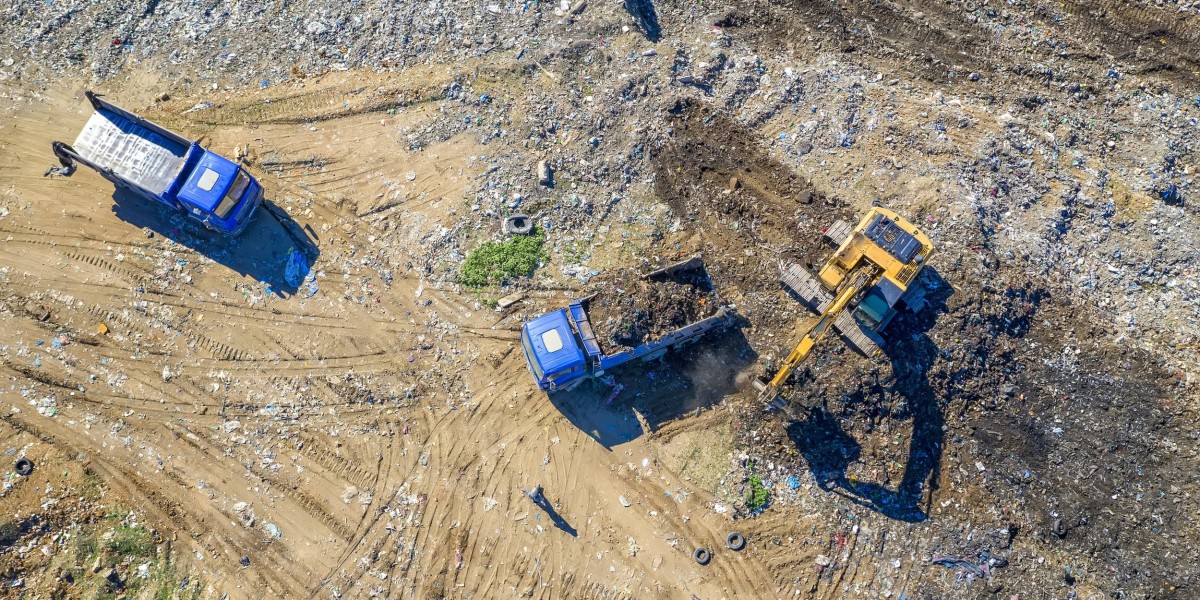In today's world, environmental sustainability is paramount. One way in which communities can contribute to this cause is through wood recycling and metal recycling. These practices not only help to reduce waste and conserve resources but also have a positive impact on local economies. In this article, we will explore the benefits of wood recycling and metal recycling on local economies and why more communities should embrace these practices.
Wood Recycling
Wood recycling involves collecting used wood products such as furniture, pallets, and construction materials, and processing them for reuse. This process helps to divert wood waste from landfills and reduce the need for cutting down trees, thus conserving natural resources. In addition to its environmental benefits, wood recycling also has significant economic advantages for local communities.
According to a study by Greenbelt Environmental Services, wood recycling can create jobs and stimulate economic growth in the areas where it is practiced. The process of collecting, sorting, and processing wood waste requires skilled labor, creating employment opportunities for local residents. Moreover, the sale of recycled wood products can generate revenue for businesses and contribute to the local economy.
In addition to job creation, wood recycling can also reduce disposal costs for businesses and municipalities. By recycling wood waste instead of sending it to landfills, communities can save money on waste disposal fees and reduce the environmental impact of waste disposal. This cost savings can be reinvested in local infrastructure projects, further stimulating economic growth.
Metal Recycling
Metal recycling is another practice that has a positive impact on local economies. Scrap metal, such as aluminum, steel, and copper, can be recycled and transformed into new products, reducing the need for virgin materials and conserving energy. Like wood recycling, metal recycling also creates economic opportunities for communities.
Metal recycling has been shown to generate revenue for businesses and municipalities. According to the Institute of Scrap Recycling Industries, the recycling industry contributes $105 billion to the U.S. economy annually. This revenue comes from the sale of recycled metal products, as well as cost savings from reduced waste disposal fees.
In addition to its economic benefits, metal recycling also helps to create a more sustainable future for communities. By conserving natural resources and reducing energy consumption, metal recycling plays a crucial role in mitigating climate change and preserving the environment for future generations. This is why many communities are embracing metal recycling as a key component of their sustainability efforts.
Conclusion
In conclusion, wood recycling and metal recycling have a significant impact on local economies. These practices create jobs, stimulate economic growth, and reduce waste disposal costs, benefiting both businesses and municipalities. By embracing wood recycling and metal recycling, communities can contribute to environmental sustainability while also reaping the economic rewards of resource conservation. It is clear that these practices are not only good for the planet but also good for local economies.








